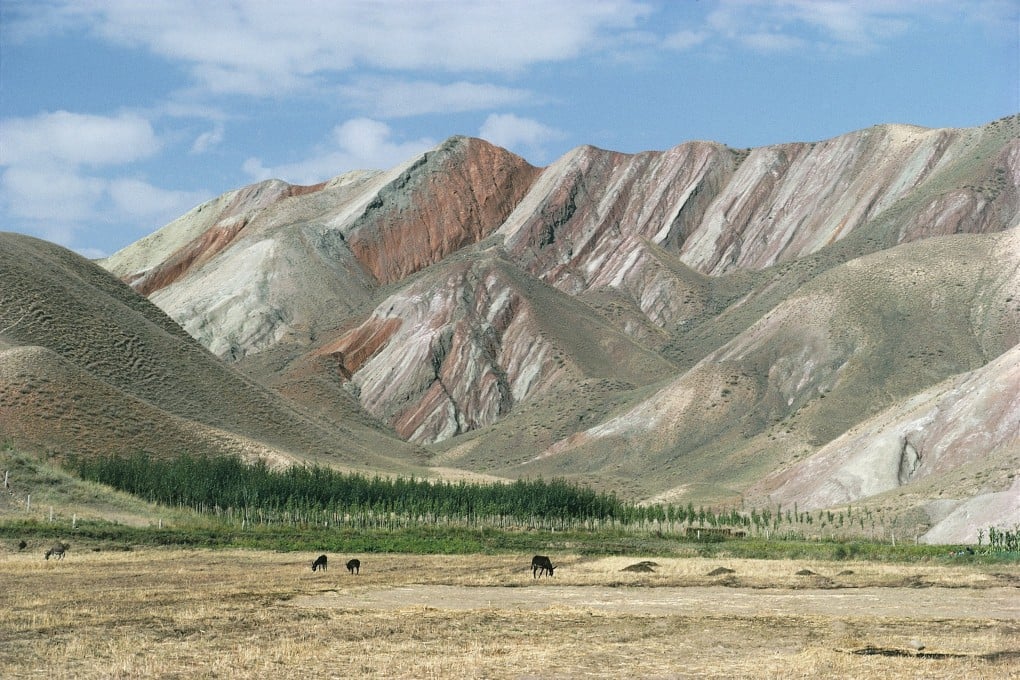Destinations known | Chinese tourists show support for Xinjiang as interest in travel to region at centre of diplomatic furore surges
- Indignant Chinese travellers show support for northwest region accused of using forced Uygur labour in cotton-production for major fashion brands
- Guest house bookings rise 60 per cent month-on-month after labels H&M, Nike, Adidas, Burberry and Gap raise concerns over human rights

As a result, the likes of H&M, Nike, Adidas, Gap and Burberry suddenly found themselves reckoning with the full force of China’s state-owned media, consumers and social media users. They were not happy. Some brands (Hugo Boss) even reversed course and issued statements of support for Xinjiang cotton, so desperate were they to hold on to their slice of the mainland’s lucrative market.
And then China’s tourists got involved, showing their support for Xinjiang and its cotton by going online and searching for trips to the region.
“Travel to Northwest China’s Xinjiang Uygur Autonomous Region gained instant popularity among Chinese tourists on Thursday […] after some foreign clothing brands announced their refusal to use cotton produced in the region,” state-owned tabloid Global Times reported on March 25.
Citing statistics provided by domestic travel platform Mafengwo, the paper reported that searches for “where to go in Xinjiang this April” surged by 275 per cent in the 24 hours preceding 2pm on March 25. “Pre-bookings of guesthouses in Xinjiang rose 60 per cent on Wednesday and Thursday compared with last month, China’s Airbnb, Tujia, told the Global Times.
